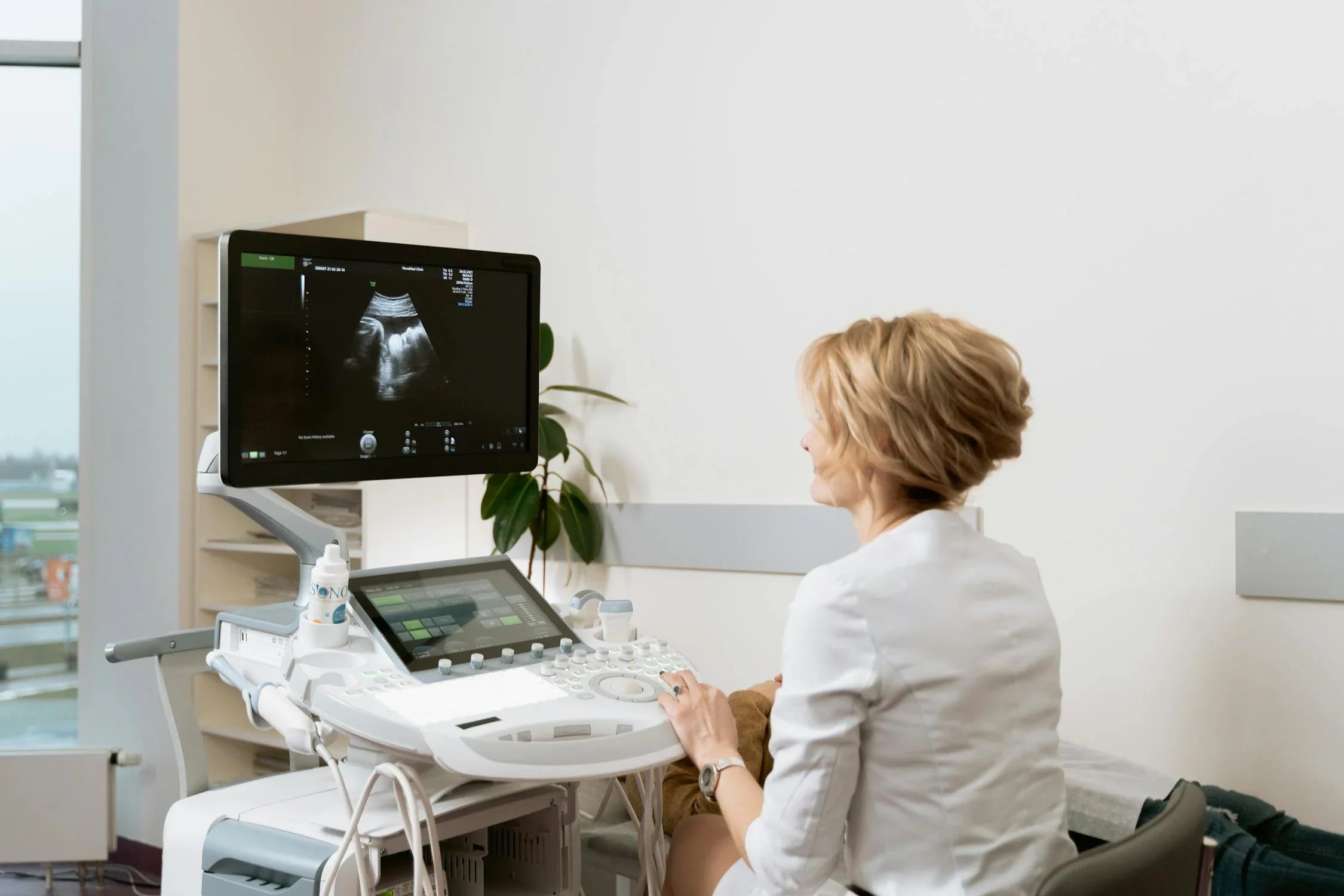Inicio
Pregnancy, Breastfeeding, and Pumping: The Ultimate Guide for Moms
Is It Possible the Pregnancy Test Is Wrong? Exploring the Truth

Is It Possible the Pregnancy Test Is Wrong? Exploring the Truth
When you take a pregnancy test, the results can feel life-changing. Whether you're hoping for a positive or a negative outcome, the accuracy of the test is crucial. But is it possible the pregnancy test is wrong? The short answer is yes. While modern pregnancy tests are highly reliable, there are several factors that can lead to false positives or false negatives. Understanding these factors can help you interpret your results more accurately and decide when to seek further confirmation.
How Pregnancy Tests Work
Pregnancy tests detect the presence of human chorionic gonadotropin (hCG), a hormone produced by the placenta shortly after a fertilized egg attaches to the uterine lining. Most home pregnancy tests are designed to detect hCG in urine, while blood tests performed by healthcare providers can measure hCG levels more precisely. The sensitivity of the test determines how early it can detect pregnancy, with some tests claiming to provide accurate results even before a missed period.
Common Reasons for False Negatives
A false negative occurs when a pregnancy test indicates you're not pregnant, but you actually are. This can happen for several reasons:
- Testing Too Early: If you take the test before your body has produced enough hCG, the result may be negative. Waiting until after your missed period can improve accuracy.
- Diluted Urine: Drinking too much fluid before taking the test can dilute your urine, lowering hCG levels and leading to a false negative.
- Incorrect Test Usage: Not following the instructions carefully, such as not waiting long enough for the result, can affect accuracy.
- Expired or Faulty Test: Using an expired or defective test can also lead to incorrect results.
Common Reasons for False Positives
A false positive occurs when a pregnancy test indicates you're pregnant, but you're not. While less common than false negatives, false positives can still happen due to:
- Chemical Pregnancy: This occurs when a fertilized egg implants but fails to develop. hCG levels rise briefly, leading to a positive test, but the pregnancy is not viable.
- Medications: Certain medications, particularly those containing hCG, can interfere with test results.
- Medical Conditions: Conditions like ovarian cysts or certain cancers can cause elevated hCG levels.
- Evaporation Lines: Misinterpreting an evaporation line as a positive result can lead to confusion.
How to Minimize the Risk of Inaccurate Results
To ensure the most accurate results, follow these tips:
- Wait Until After Your Missed Period: Testing too early increases the risk of a false negative.
- Use First-Morning Urine: This is when hCG levels are most concentrated.
- Follow Instructions Carefully: Read the test instructions thoroughly and adhere to the recommended waiting time.
- Check the Expiration Date: Always use a test that is within its expiration date.
- Confirm with a Healthcare Provider: If you're unsure about your results, consult a healthcare professional for a blood test or ultrasound.
When to Retest
If you receive a negative result but still suspect you might be pregnant, wait a few days and retest. hCG levels double every 48 to 72 hours in early pregnancy, so waiting can increase the likelihood of an accurate result. If you receive a positive result, schedule an appointment with your healthcare provider to confirm the pregnancy and begin prenatal care.
Emotional Impact of Inaccurate Results
Inaccurate pregnancy test results can be emotionally challenging, whether you're hoping for a positive or negative outcome. A false negative can delay necessary prenatal care, while a false positive can lead to emotional distress if the pregnancy is not viable. It's important to approach the process with patience and seek support if needed.
The Role of Healthcare Providers
While home pregnancy tests are convenient, they are not infallible. Healthcare providers can offer more accurate testing methods, such as blood tests and ultrasounds, to confirm pregnancy. They can also provide guidance on next steps, whether you're planning to continue the pregnancy or exploring other options.
So, is it possible the pregnancy test is wrong? Absolutely. While modern tests are highly accurate, various factors can lead to incorrect results. By understanding these factors and taking steps to minimize their impact, you can approach the process with greater confidence. If you're ever in doubt, don't hesitate to seek professional guidance to ensure you have the most accurate information possible.
Compartir

